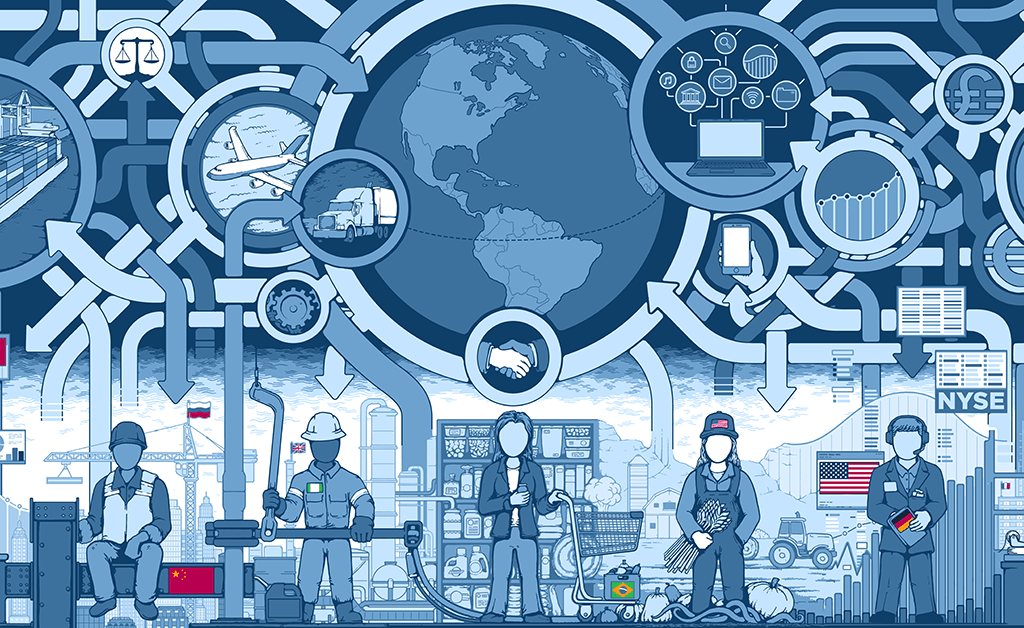Gaming and esports have become a global phenomenon
Gaming and esports have become a global phenomenon, with millions of people around the world participating in and watching competitive gaming events.
In this essay, we will explore the growth of gaming and esports, their impact on popular culture, and the reasons why they have become so popular.
Gaming has been around for decades, but the rise of technology and the internet has transformed it into a massive global industry. High-speed internet and powerful consoles enable real-time global competition among players from anywhere.

Online gaming communities have also emerged, providing players with a platform to connect and compete with like-minded individuals.
Esports, or competitive gaming, has emerged as a major part of the gaming industry. Tournaments offer multi-million dollar prize pools, and pro players earn millions from sponsorships and endorsements.
Esports events are also broadcast on major television networks, and viewership numbers for some events rival those of traditional sports.
The appeal of gaming and esports lies in their ability to provide a unique form of entertainment and competition. Gaming allows players to immerse themselves in virtual worlds and experiences that are not possible in real life.
Esports enables global-scale competition, allowing players to test their skills against the world’s best.
Another reason for the popularity of gaming and esports is the social aspect of these activities. Online gaming communities provide players with a sense of belonging and camaraderie and can help to foster friendships and connections.
Esports events bring fans together, fostering a sense of community and shared gaming experiences.
The impact of gaming and esports on popular culture is significant. Gaming and esports are now major parts of mainstream entertainment. Attracting investments from corporations and brands for sponsorships and partnerships. Gaming and esports have also influenced other areas of popular culture, such as music, fashion, and film.
However, there are also concerns about the impact of gaming and esports on mental health and well-being. Some studies have suggested that excessive gaming can lead to addiction, social isolation, and other adverse outcomes.
Concerns exist about violent video games impacting young people and desensitizing players to real-world violence.
Despite these concerns, gaming, and esports are likely to continue their growth and popularity. Advancing technology will make the gaming industry more sophisticated, offering players immersive and engaging experiences.
Esports events are also likely to become even more mainstream, with increased investment and participation from major corporations and brands.
Conclusion
Gaming and esports are significant parts of popular culture, offering unique entertainment and competition worldwide.
Despite concerns about their impact on mental health, gaming, and esports will likely continue to grow in popularity with advancing technology and industry sophistication. 온라인카지노


